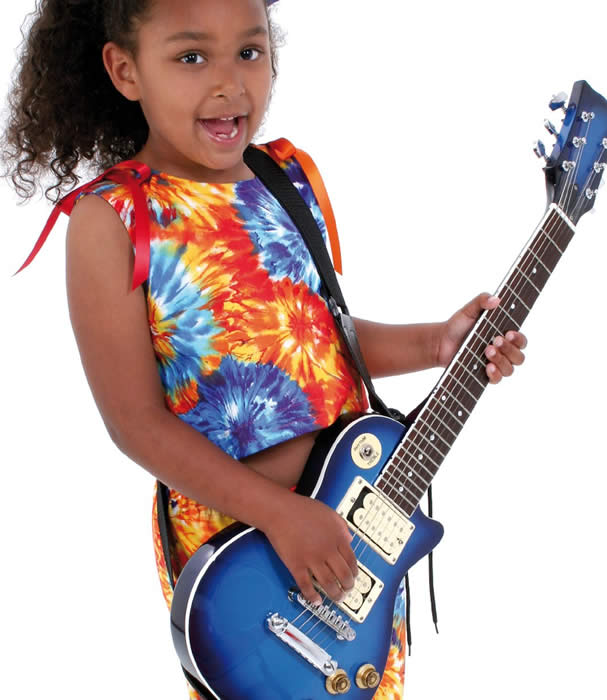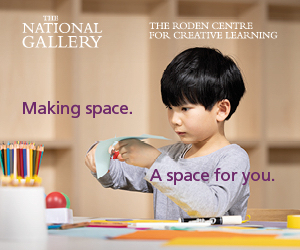Primary Times - the definitive what’s on and where to go family guide of activities and events for children of primary school age. Things to do with your kids during the school holidays including arts and craft activities, music and theatre for children, parties, competitions, days out, and family attractions along with term time drama schools, dance classes, after school clubs and sports activities. Things to do at a place near you!
Take a bow - helping your child discover performing arts

For many UK families with young children, Saturday night means snuggling deep into the sofa to watch a colourful display of entertainment on the telly. As we sit and gaze, who knows what goes on behind the eyes of our children as they watch the X Factor or Strictly Come Dancing? Perhaps, this is where they start to dream of swapping places with Leona Lewis or Mark Ramprakash? Or perhaps they want to be the next Troy and Gabriella from High School Musical? The bright lights of Hollywood or Wood Lane can have a gravitating effect on our theatrical youngsters and even their less extrovert peers – as they plot how to take their first dramatic step towards stardom.
The performing arts, be they singing, dancing, acting or playing a musical instrument, generally attract two different types of character. One type includes the natural performers who were simply born to entertain. We all know who they are! The other type of child wants to follow a voyage of discovery that leads them to develop imagination, gain expressive qualities and grow in confidence.
What will my child gain from pursuing a performing art?
Children benefit in a huge number of ways. In fact the list is so long, we’ve mentioned only a few pointers here: Self-belief: For a child to grow any talent, success can be achieved through self-belief. An invaluable lesson for a child to learn is to recognise any natural ability they may have.
Likewise, to acknowledge – without sinking into a negative thought process– weaknesses that they need to work extra hard at to eradicate. Yes, this may seem a very grown up trait. But it’s one that, identified early in life, will help so much later. And just by the nature of the performing arts, children are faced with this emotional challenge in a cushioned sort of way. As children grow, they will learn the best way to overcome fear is to face it.
Perseverance
Acting, music and dance all command high levels of self-discipline. Yes, the performance may be fun, but it isn’t always easy. When the going gets tough, children are challenged to learn ways of coping. By being in the company of so many positive people, such as teachers, coaches and peers, youngsters often learn the priceless ability to pick themselves up and keep going. Yet another invaluable life skill.
Plus, it’s fun:
Okay, to lighten up a touch: many children want to take part in a performing art simply because they enjoy it. Even if the life plan doesn’t include stepping onto the red carpet at a future Oscar ceremony, they can gain enormous confidence and invaluable social skills to carry them through life.
Which performing art is right for your child?
The three main disciplines of a performing art certainly complement each other, but are very different. It pays to spend time to discuss the various options with your child. It will save time, effort and future expense!
Drama:
Children can really flourish in drama class. The extrovert child will have the chance to show off his or her exuberance, whilst a more introverted youngster will have the opportunity to open up under the pretence of playing a different character. Drama allows the student to think in a creative way, to solve problems, and to use the type of effective communication skills that get the point across. Also, as most acting performances involve working in a group, pupils are taught the value of teamwork and empathy. They can now see life from another character’s viewpoint. Children will enjoy trying out different roles and pretending to be someone else.
Dance:
Dance is so diverse and with so many disciplines to choose from a child never has the excuse of boredom! Through dance, children learn about movement, expression and self-control. And their levels of concentration and memory skills will build as they progress. There is a huge variety of dance styles, and this should make it easier to find one that suits your child. Most notable is ballet, often described as the foundation to other types of dance, based as it is upon its primary requirement – to perform definite movements and improve co-ordination and flexibility. Other popular dance styles include the upbeat movements of jazz, high energy (and noisy!) tap-dancing, the timeless grace of ‘ballroom’, the creative movements of ‘modern’ and the youth-appealing actions of ‘hip hop’.
Music:
Music is a superb tool for controlling mood and lifting spirits, and learning the skill to play a musical instrument will eventually bring much enjoyment and satisfaction. Most children are introduced to a musical instrument at primary school age. Indeed it’s worth seeking out individual music teachers who are linked to your child’s school. Many offer private tuition, but group sessions often work out cheaper. Children will gain valuable training by playing in a school band or orchestra, or by joining the choir.
Decision, decisions…
the bottom line Remember, there are other questions that need answers before you finally decide on a specialist school. For example, the time commitments – ‘How often are the classes held?’ and ‘What about the cost?’ In addition to registration fees, you may also need to pay for costumes, shoes, exam fees, performance costs and tickets to see your child perform. And performances – ‘Do all children take part in performances or just a chosen few?’ Also, bear in mind most popular schools have long waiting lists.
When considering all the options, do remember that, whatever your ultimate choice, children will acquire a solid foundation of skills that will help them on the wider stage of life.





